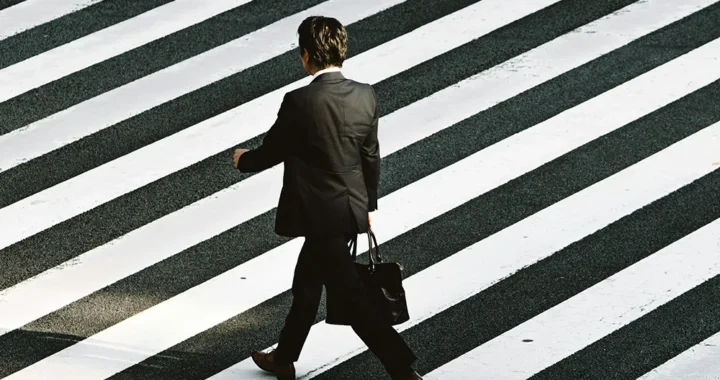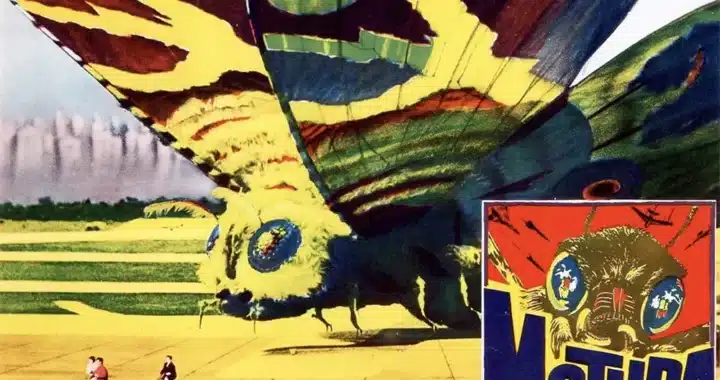
Mothra Is Luminous as an Icon of Soft Power and Femininity
Whether defending her eggs, the Earth, or the people and kaiju she values, Mothra has consistently demonstrated caregiving instincts that finally have a lucid source in her feminine creator, Ajigo.











